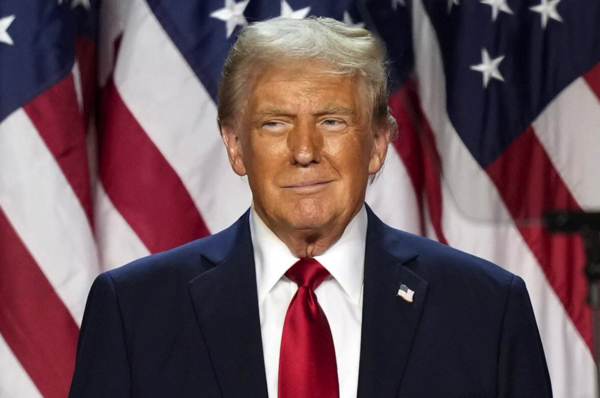 Parler
Parler Gab
Gab
- Hungary's new laws (effective July 1) impose prison sentences of up to eight years for trading cryptocurrencies on unauthorized exchanges, with penalties scaling based on transaction amounts (e.g., two years for trades over $14,595).
- The legislation diverges from the EU's harmonized MiCA framework, leaving compliance unclear. Hungary's Supervisory Authority has 60 days to clarify rules, causing market upheaval and service suspensions (e.g., Revolut and Bitstamp halted operations).
- Critics allege the crackdown targets tech-savvy demographics opposed to PM Orban's government, risking prosecution for ordinary investors and leaving 500,000 crypto holders in legal limbo.
- The Hungarian National Bank excluded cryptocurrencies from national reserves on July 3, citing volatility and regulatory risks. It favored traditional assets like gold for stability.
- Budapest's isolationist approach conflicts with Brussels' push for unified crypto regulations, raising concerns about fintech exodus and stifling innovation in Hungary's crypto sector.
Budapest vs. Bitcoin: Vague rules could criminalize regular users
Critics warn the vague rules could criminalize ordinary investors. "Regular users could be prosecuted simply for managing their investments the same way they always have," an insider told Hungarian news outlet Telex. Approximately 500,000 Hungarians hold crypto declared as legal income, but the lack of transitional guidance leaves past or ongoing transactions in jeopardy. Analysts see the crackdown as politically driven, targeting urban, tech-savvy demographics less aligned with Hungarian Prime Minister Viktor Orban's ruling Fidesz party. The Hungarian National Bank (MNB) further distanced itself from the sector on July 3, announcing it will exclude cryptocurrencies from national reserves. It cited crypto's volatility and regulatory risks, opting instead for traditional assets like gold. "We must prioritize stability and reliability in our reserve holdings," the MNB reiterated. While foreign platforms may continue operating with limited consequences, domestic firms and users now navigate a minefield of legal uncertainty. Budapest's isolationist approach clashes with Brussels' push for unified crypto standards, fueling fears of a fintech exodus. As SZTFH rushes to draft compliance rules, Hungary's crypto community braces for a prolonged period of turbulence – one where privacy, innovation and financial autonomy hang in the balance. Head over to CryptoCult.news for more similar stories. Watch the Health Ranger Mike Adams and Todd Pitner discussing crypto and financial freedom in this clip. This video is from the Brighteon Highlights channel on Brighteon.com.More related stories:
Crypto crime crackdown: Law enforcement busts investment fraud ring in Spain. EU to ban privacy cryptocurrencies and anonymous accounts by 2027 under new AML rules. Bitcoin's evolution beyond "digital gold": Redefining monetary innovation in a shifting landscape. Sources include: CoinTelegraph.com CryptoNews.com BitcoinEthereumNews.com Brighteon.comTrump ends free foreign aid, demands allies pay full cost for military support (but not Israel)
By Ramon Tomey // Share
China’s cyborg bees: A breakthrough in surveillance or a step toward a spy state?
By Ava Grace // Share
Trump escalates trade offensive with new tariff notices to seven nations
By Laura Harris // Share
How America’s entertainment industry manufactured silence on Gaza
By News Editors // Share
Trump: Let’s ‘not waste time and energy on Jeffrey Epstein, somebody that nobody cares about’
By News Editors // Share
Beyond toxic statins: Sugar cane extract policosanol offers new hope for heart health
By newseditors // Share
Ghislaine Maxwell - Epstein's accomplice - makes a desperate plea from prison
By ljdevon // Share
How sunlight deficiency fuels chronic illness—and why big pharma ignores it
By finnheartley // Share
RFK Jr. rejects measles emergency: "No national crisis"
By willowt // Share











